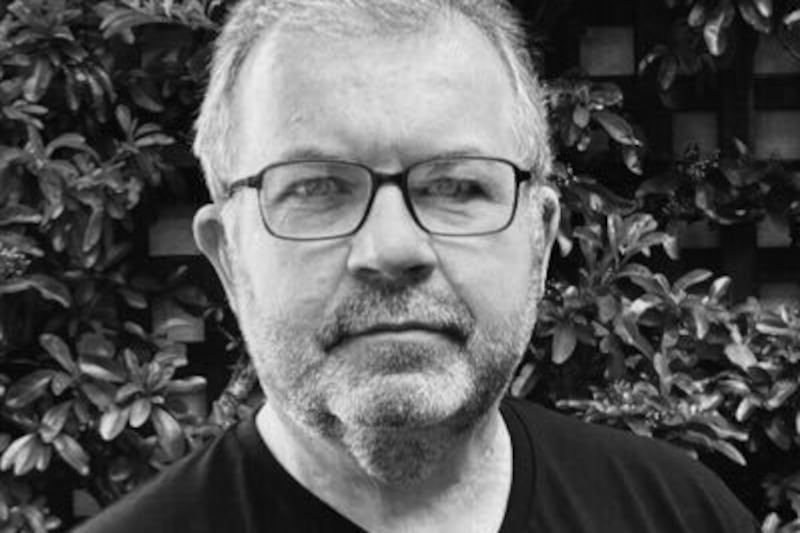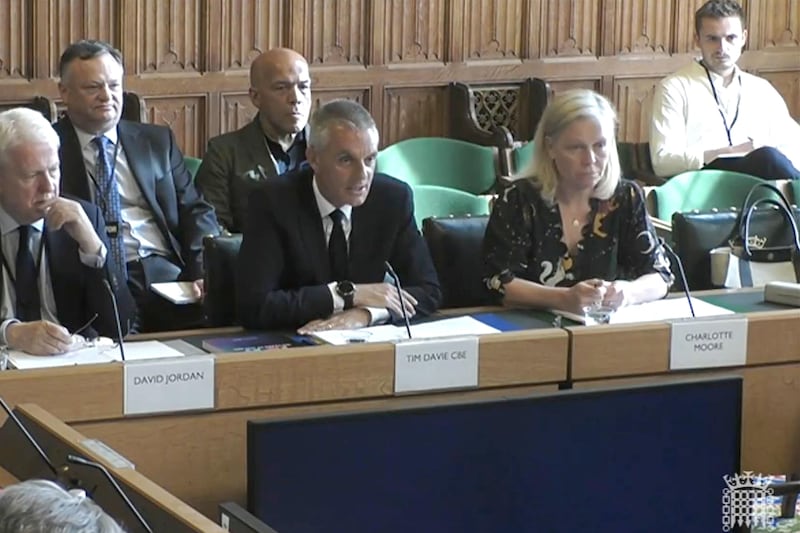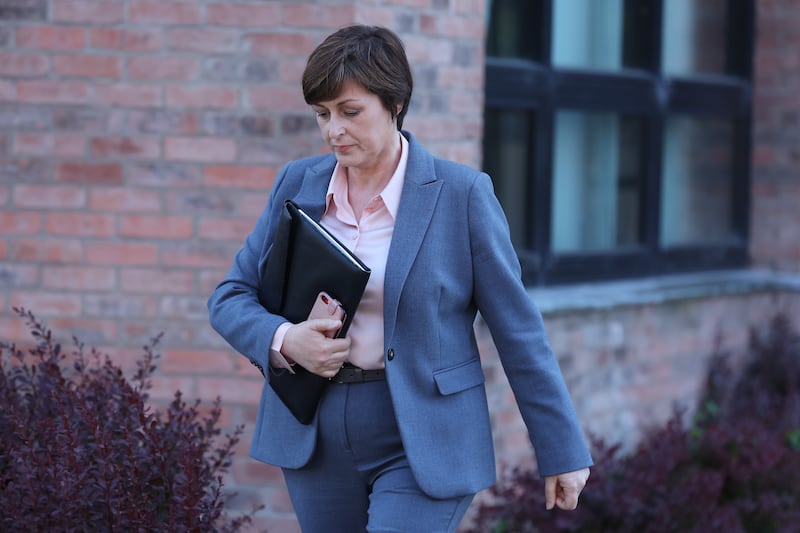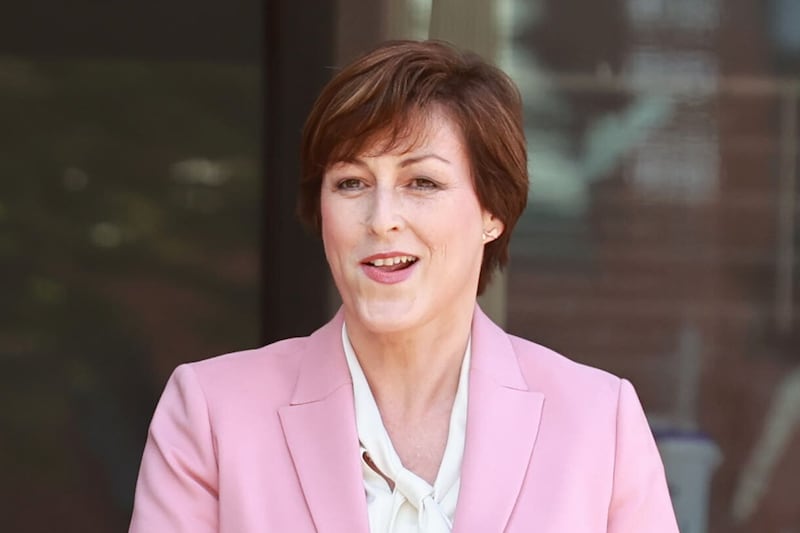Donna Traynor's profound deafness in her left ear was the subject of various medical reports and many meetings in the lead up to the long time television news presenter quitting the BBC.
The presenter was "pursued relentlessly" over months in 2021 as she tried to persuade management her disability meant she could not manage the two-hour drive time show, her counsel Paddy Lyttle told an industrial tribunal.
She is accusing the BBC and Adam Smyth, the then head of news, now director, of sex, gender and disability discrimination in the latter days that led her to quitting the job in November 2021.
Medical reports backed up Ms Traynor as she argued to management, including the head of news Adam Smyth, she was unable to take over as one of the presenters on the radio drivetime news show, Evening Extra, an industrial tribunal heard on Wednesday.
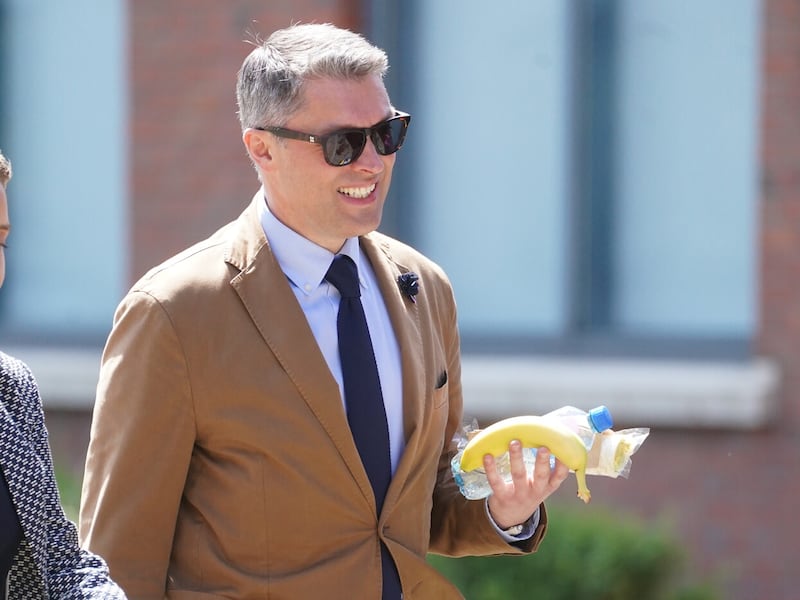
In an opening statement, Mr Lyttle said several medical reports, including one by the BBC's own occupational doctor, came to the conclusion she would struggle on the radio programme due to near total deafness in one ear. It stemmed from a childhood illness.
While she was entirely comfortable on the 30-minute television news programme, with its planned interviews, a single earpiece, visual aids and close crew support, working on an unstructured two hour audio-led radio show, wearing ear phones and potentially trying to listen to several voices at one time was entirely different, the tribunal heard.
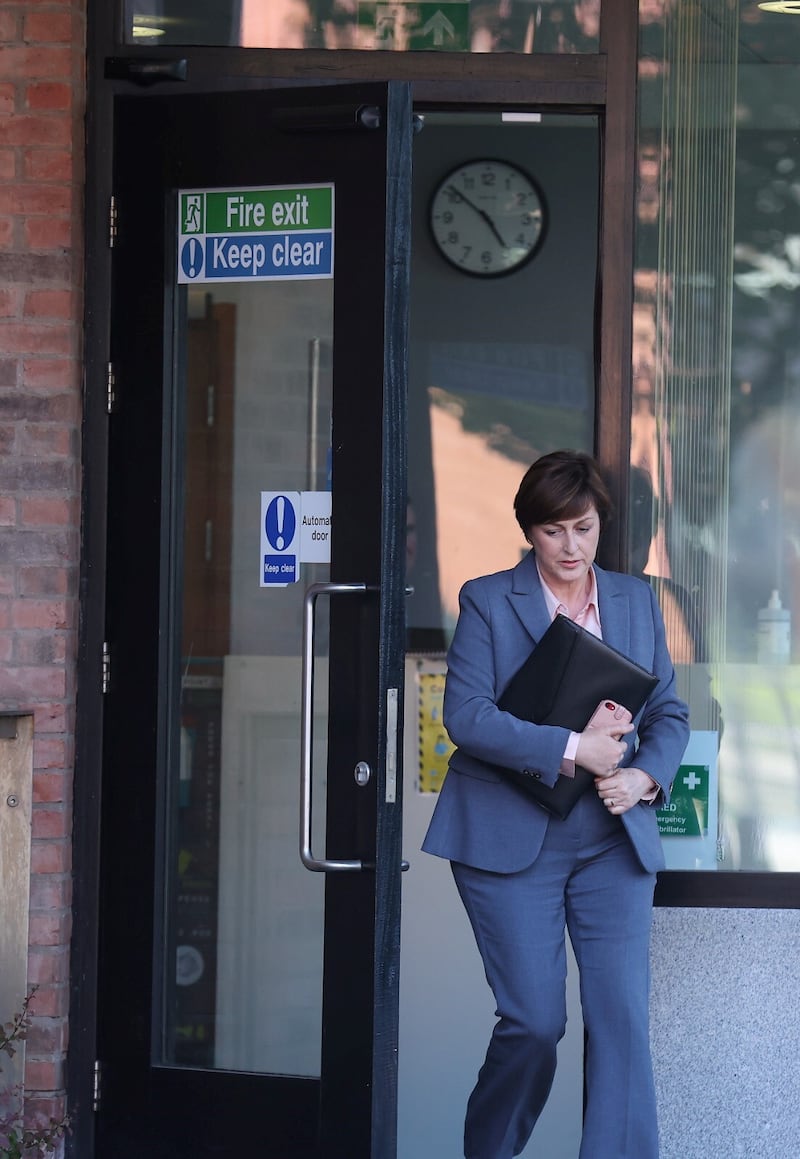
If Ms Traynor had stepped into the radio slot, she could "make a mistake, begin to increase stress, make a second mistake, then it gets worse", said Mr Lyttle, adding that if someone "makes a mistake (on air) it gets noticed...and it's a disaster".
Mr Lyttle claimed in the statement management responded by repeatedly calling meetings, questioning the difference between operating on television and radio despite the medical reports and asking her to take part in a non-live trial, latterly accompanied by veiled warnings of disciplinary action if she refused.
He added: "They pursued her relentlessly for months, they threatened her, they harassed her and they bullied her."
"It really is disgraceful," Mr Lyttle added, prompting BBC counsel Frank O'Donoghue to question whether his counterpart was delivering a "closing argument".
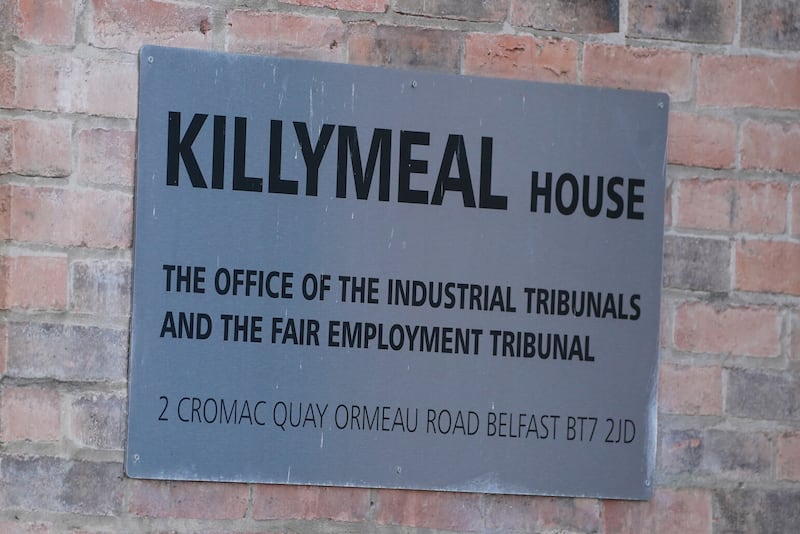
It is Ms Traynor's case that, in the last weeks prior to leaving, it began to be suggested that if she was unable to do the job on radio, then maybe it was the same for television, that she was a risk editorially. She was even taken off the air for two months, Mr Lyttle told the tribunal.
This is despite the fact she never "made a mistake in decades leading up to her quitting".
Ms Traynor's issues with her employer of more than three decades stemmed from a restructuring of the radio and television news under Mr Smyth.
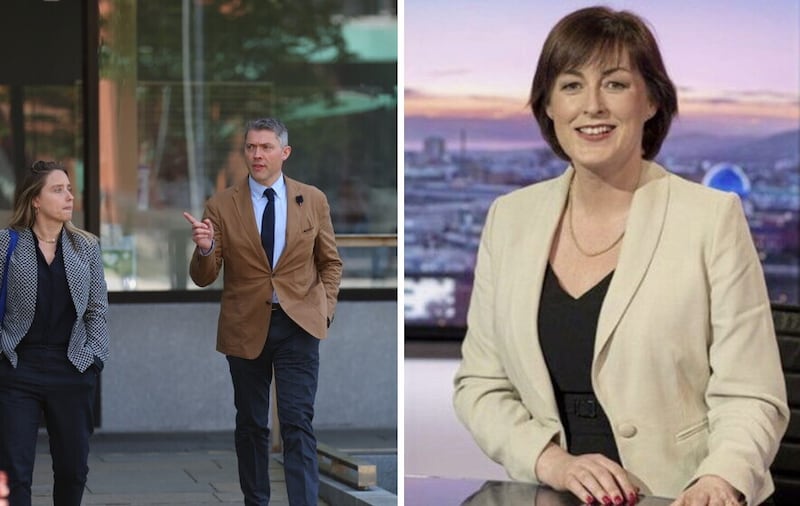
She was asked to share the BBC Newsline slot and spend two or three days on radio each week. The restructuring came on the heels of several experienced presenters leaving the broadcaster after taking voluntary redundancy.



